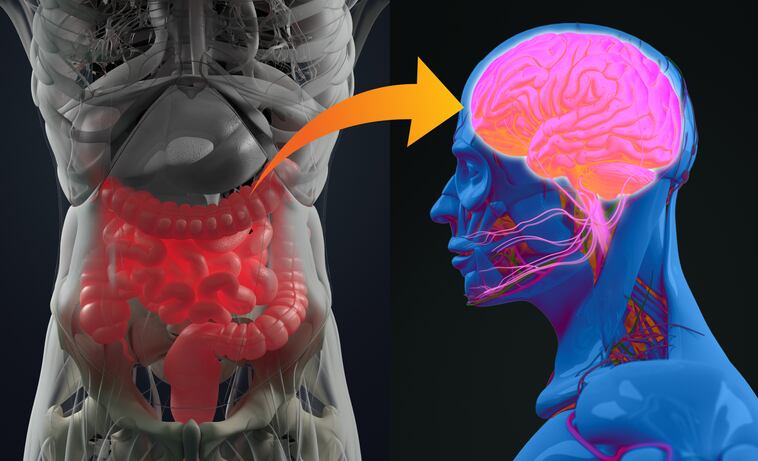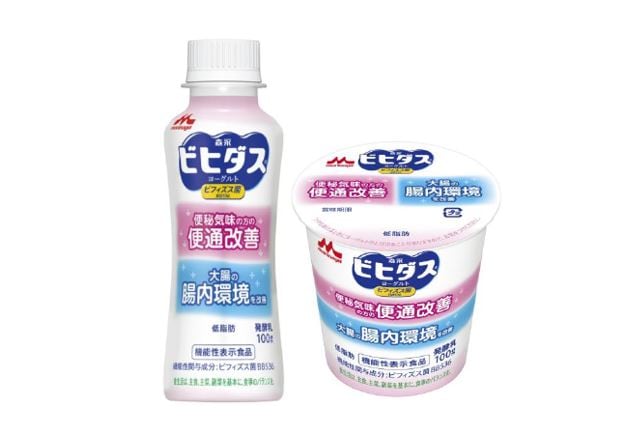B.breve A1 is a strain originating from an infant, and had been previously studied in a mouse model for its therapeutic potential in managing memory functions and suppressing brain inflammation.
MCI is characterised by a decline of cognitive functions that does not usually interfere with daily life but is usually associated with the increased risk of developing Alzheimer’s disease (AD) or dementia.
A previous study by Hiroyuki Shimada et al, reported that the prevalence of MCI in an elderly Japanese population was about 13.9%. The global average was about 18.9% reported in this present study.
Researchers wrote: “The present study is the first double-blind, placebo-controlled study in humans to show the cognitive function enhancement benefit of the probiotic B. breve A1 in subjects with suspected MCI.”
Study design
The study recruited 79 healthy non-obese older adults aged 50 to 79 years in Tokyo. All suffered from MCI, which was identified as a lower RBANS score (average 31.5) and an MMSE score of 22 or more (average 24.5).
Participants diagnosed with dementia or used supplements that affected cognitive function were excluded from the study.
They were then divided into two groups, treatment group (B. breve A1) or placebo.
The treatment group was given a lyophilized powder of B. breve A1 (2×1010 CFU), which mainly contained maize starch as a carrier. Placebo capsules were composed of maize starch only. Each participant was asked to consume two probiotic or placebo capsules daily for 16 weeks.
Primary outcome was assessed by the cognitive scores of the Repeatable Battery for the Assessment of Neuropsychological Status (RBANS) while secondary outcome by the Japanese version of the MCI Screen (JMCIS) tests.
Improved memory score
The RBANS total score was significantly improved by 11.3 points in the treatment group compared to placebo (p < 0.0001).
In particular, findings suggested significant improvements in immediate memory, visuospatial/constructional, and delayed memory (p < 0.0001). Only language and attention scores saw no improvement over placebo.
Researchers pointed out: “The 11.3-point improvement seen after 16 weeks of B. breve A1 is remarkable. In comparison, dietary supplementation of arachidonic and docosahexaenoic acids in a similar MCI population showed a significant improvement of around 6 points in RBANS immediate memory score after 13 weeks.”
They remarked: “Future longer longitudinal studies with B. breve A1 may reveal further tangible memory improvement.”
JMCIS score was also improved in the treatment group over placebo.
Researchers suggested that B. breve A1 may have an impact on the hippocampus, which is critical for short-term and long-term memory.
While it was not investigated in this study, they said: “Future positron emission tomography imaging studies (PET) using TranSlocatorPrOtein (TSPO), a marker of brain inflammation that was used in MCI subjects to study microglial activation/inflammation, would be helpful to visualise B. breve A1 extent effect on the brain non-invasively.”
The next steps for the researchers now was conducting exploratory biomarker studies using blood, cerebrospinal fluid, and faeces to understand how B. breve A1 was causing an amelioration of memory in the MCI population as well as evaluate its potential to treat AD dementia.
“The identification of the precise mechanism would also shed much-needed light on what is causing dementia and related CNS disorders and potentially help justify further intervention studies in various neuropathologies.”
The treatment was well-tolerated with no reported side-effects, and could offer a safe and effective approach to prevent the development of cognitive impairment in the general population.
Source: Journal of Alzheimer's Disease
DOI: 10.3233/JAD-200488
“Probiotic Bifidobacterium breve in Improving Cognitive Functions of Older Adults with Suspected Mild Cognitive Impairment: A Randomized, Double-Blind, Placebo-Controlled Trial”
Authors: Xiao, Jinzhong, et al.




